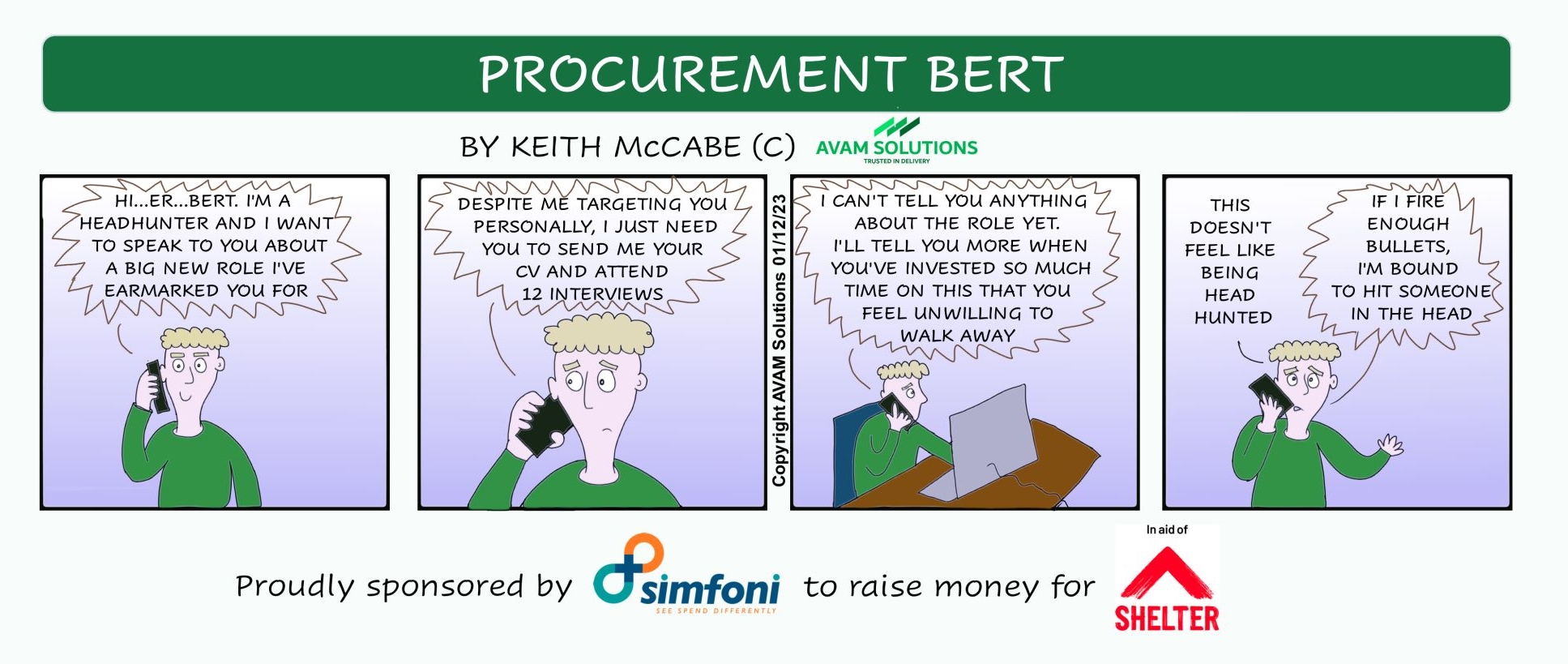With the ever-increasing dependence on global supplier networks to fulfill procurement needs, companies must begin to integrate new technology into their procurement process
Simfoni.com Tweet
Due to multiple issues ranging from socio-economic and political issues to the pandemic, supply chains throughout the world have been disrupted, causing billions of dollars in lost revenue. The key to overcoming these challenges lies in implementing supply chain best practices, starting with digitizing and optimizing the procurement and eSourcing processes to enable companies to monitor and measure key metrics that will drive performance and mitigate risk.
Here are 6 ways companies can combat supply chain disruption:
1. Enhance Your Data with AI (Artificial Intelligence):
Data that is readable and hosted on a centralized dashboard is key for procurement departments to gain visibility into their supply chain for accurate forecasting. Utilizing cloud-based procurement solutions gives procurement leaders greater visibility into the supply chain, allowing procurement managers to identify and proactively manage potential bottlenecks. High-quality data increases flexibility, allowing you to increase the scope of your supplier options. AI will cleanse, append, and classify your data, reducing the burden on organizations. AI-driven data enrichment tools can also provide your company with granular item-level visibility allowing procurement teams to identify which specific items are most likely to be affected by supply chain disruptions. With AI handling the heavy lifting, you’re free to focus on deriving actionable insights from the data.
2. Be Proactive Instead of Reactive:
Maintaining short inventories can negatively affect the P&L, so companies need to increase buffer stock to mitigate the negative impact of any supply chain disruptions. Procurement leaders should be able to quickly refine their inventory strategy in an unexpected supply shortage. Such strategies might include increasing buffer stock, tracking inventory with batch numbers, and/or utilizing predictive analytics to anticipate shortages. AI-enriched spend data from a best-in-class spend analytics platform will allow you to anticipate any supply disruptions and form a solid strategy to lessen their impact.
3. Develop a Risk Management Plan:
Procurement leaders must prep their teams for a crisis event. Should one occur, everyone should know their responsibilities and have a clear action plan. The plan should include priorities such as sourcing alternatives, emergency orders or requests, and management of inbound shipments. This plan should be updated consistently to account for changes in business operations and the evolving risks that your organization faces.
4. Improve and Sustain Key Supplier Relationships:

Companies that maintain strong relationships with their suppliers are better positioned to handle supply chain disruptions. To improve upon these relationships, suppliers should be consolidated by analyzing their ability to handle disruptions and any potential risks of doing business with them. Collaborate with them to understand their level of flexibility when it comes to production and purchase order fulfillment. Supplier scorecards can be a great way to keep track of vendor management and performance.
Read More:- 5 Things Procurement Should Lose in 2023
5. Identify Secondary Suppliers:
The supply chain is often extended beyond the first tier. As mentioned above, it’s important to maintain a clear line of sight to suppliers and their vulnerabilities. But in addition, it’s necessary to extend your reach along the supply chain to identify and cultivate relationships with secondary suppliers who can provide alternative sources. This allows you to maintain continuity of your operations if your primary supplier encounters a disruption. Remember: no two supply chains are the same.
6. Partner with a Marketplace Solution:
While it’s critical to maintain close relationships with suppliers, it’s equally important to understand their capacity. A good marketplace solution allows companies to find new supply sources quickly and conveniently should first and second-tier suppliers fall short.
Ready to take your data to the next level? Schedule a demo and learn firsthand how Simfoni’s powerful eSourcing solution can help you overcome supply chain disruptions.











